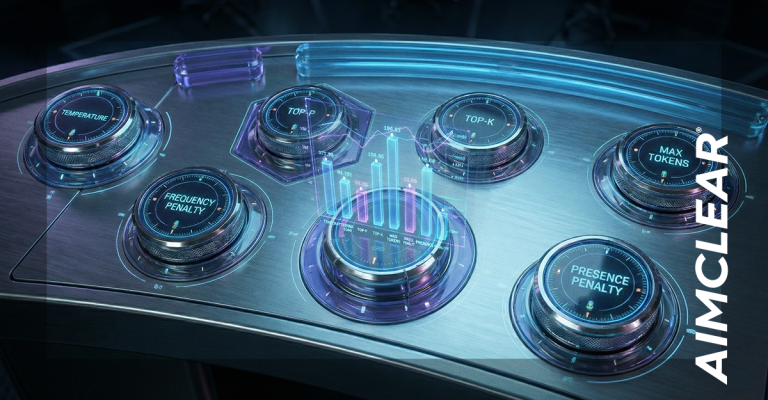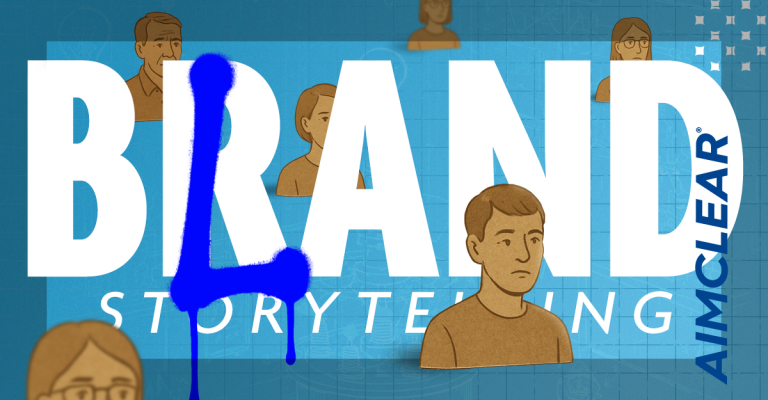This piece is a preview of the Zenith Digital Marketing Conference session, “Politics of Dancing – What Brands Can Learn From the 2016 Election,” featuring former Duluth Mayor Don Ness and Two Harbors Mayor Chris Swanson.
The presidential election was…ugly.
Yet the 2017 campaign cycle taught us something: It magnified the connection between marketing and politics and highlighted the lessons each industry can learn from one another. Sure, for those with a taste for politics and marketing, this is no doubt an intriguing topic. But it’s more than that. The lessons marketers learn from political downfalls, windfalls and victories can help brands avoid failure and achieve their own success.
Ripe with marketing and branding messages that can impact businesses’ bottom lines, we’d be remiss not to explore this topic at Zenith. We’re elated to have two unique perspectives presenting on this topic: former Duluth, Minn. Mayor Don Ness and Two Harbors, Minn. Mayor Chris Swanson. One is the tale of a politician turned marketer, the other of a marketer turned politician.
First comes politics, then comes marketing…
Don Ness entered the world of politics before he earned his college degree. By 1997, he was the campaign manager for the late Congressman Jim Oberstar. Twelve years later, he was elected to the Duluth City Council. By 2007, at age 33, he was mayor.
Don’s run as mayor was anything but ordinary. As the second youngest mayor in Duluth’s history, he was regarded as bright-eyed and optimistic. And, really, he had been. Don admits that as a young politician he believed great ideas received recognition based on value
“When I was first involved in politics I had a view of how politics ought to work: that if you are approaching it with good intentions and with the right ideas, that the goodness of those ideas will rise to the top and you’ll find success,” Don said in an interview with AIMCLEAR.
He quickly learned that wasn’t the case.
Counter messages, backed by counter interests, take over ” through sheer passion, messaging and resources. In a sense, it becomes a marketing battle amongst ideas. Don realized that simply having a good idea wasn’t enough.
“Everybody kind of acknowledges, yeah, that’s a good idea, we all support that,” he said, “but when there’s nobody who is intentionally taking ownership and promoting those ideas, then they get drowned out.”
By the time Don ran for mayor, he knew those good ideas needed to be packaged and delivered. He also recognized that any message promoting his vision had to acknowledge the current reality, which, for some, was genuinely woeful.
“Our story started with addressing the problems first,” he said.
That’s one lesson brands and politicians can learn. Particularly in today’s age of information, folks aren’t easily fooled. When a brand or politician is painting a picture of perfection where perfection doesn’t exist, trust is lost. And without trust, marketing doesn’t matter.
“A lot of cities fall into this trap. They say, ‘we’re going to come at our marketing with overwhelming positivity.’ They think that will overcome the negative elements,” Don said. “The problem is that there’s a falseness there and you can’t tell people everything is fine when they see the problems that exist in front of them every day.”
Don noticed that when cities ” or brands ” take a rosy, dishonest approach, they fail. He began to notice that when leadership didn’t acknowledge harsh reality, constituents ” or consumers ” felt an obligation to counterbalance the very one-sided positive message coming from the top.
His strategy for leading Duluth was to own the city’s challenges and create space for constituents to instead voice what it is they loved about their community.
“We took ownership of these problems as a way to address that narrative, to say that the existence of problems is not counter to our love of this community,” Don said. “In fact, we are taking ownership of these problems because we love this community enough to drive our passion to solve things.”
It worked. By 2011, he had an unprecedented 89 percent approval rating and ran for his second term unopposed.
Optimism in Duluth began to pick up. In 2014, the city was named Outside Magazine’s Best Outdoor Town in America. It was becoming a hub for mountain biking, craft breweries and tourism. Put simply, people were pumped. And proud.
Job growth followed. The technology sector began to flourish and graduating college students started sticking around. It was a night and day difference ” and Don said it came down, largely, to one simple ingredient.
“What I found most effective about verbal communication ” and I think it carries over into marketing ” is the importance of narratives and creating narratives that people find intuitive and that they understand,” he said. “But more importantly, that they see themselves as a character within that narrative and find inspiration to fulfill their role and contribute to a story they’re proud of and they can identify with.”
Despite unprecedented popularity, Don didn’t run for a third term. He felt it was time for a new leader. Instead, he’s now playing one of the starring roles in Duluth’s progress as Executive Director of the Ordean Foundation, a nonprofit dedicated to alleviating issues of poverty in the area.
Just over a year out of politics, he says the lessons he learned will forever shape the way he approaches marketing initiatives.
From marketing to politics
Two Harbors Mayor Chris Swanson is in a different position. Rooted in a fascination of business and technology, Chris founded Two Harbors digital marketing firm Pure Driven nearly eight years ago. With a commitment to success, his business has adapted and evolved over the years. The same could be said about Chris, who last year announced his run for mayor ” and won.
When Chris ran, he promoted the vision of what his community could become, and it spoke to his constituents.
Chris wanted his community to be well-kept, well-run and vibrant. He admits that sounds a bit generic and knows that in order for that vision to be achieved, a lot of underlying issues need to be addressed. He gets that. Like Don, he acknowledges his community’s struggles publicly. In terms of marketing his vision, he saw a need to combine the current reality with a vision for the future.
“By keeping the message simple and staying focused on only a few things, you will be successful and can measure it.” Chris said in an interview with AIMCLEAR.
That’s the marketer in him speaking. His years in the industry have taught him the importance of messaging, delivery and creating buy-in through realistic positivity.
“My background allows me to effectively get out and communicate,” Chris said, “not only with the community, but with greater Minnesota, about what a great, beautiful place [Two Harbors] is.”
Chris is genuine in his desire to revitalize Two Harbors by optimizing its qualities: the shore of Lake Superior and a rich, interesting history. He also understands he can’t do it on his own, which is why his overarching vision is so critical. Just as Don did with Duluth, he wants his community members to play the starring role in his city’s story.
Don and Chris could be onto something with their storytelling marketing twist. Brands and politicians are notorious for propping themselves up as the star in the stories they tell. Yet when they go against the grain, address reality, project a vision and cast others as the stars of the story, they tend to win.
Want to hear more from Don Ness and Chris Swanson on the intersection of marketing and politics? Register for Zenith today!









